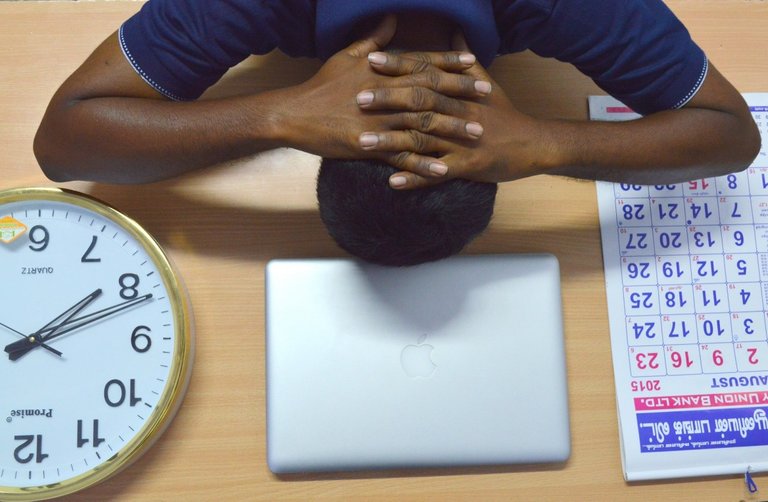
Do you feel like you’re constantly playing catch-up in your work and personal life? Do you feel like there aren’t enough hours in the day to get everything done? Many people do, which is why time management has become a primary focus for productivity experts and researchers. In this blog post, we will explore some of the most effective time management strategies and tips that anyone can use to get more done every day.
Establish a Morning Ritual
A ritual is a ritual , right? Wrong! A morning ritual is a specific routine performed in the morning that helps you start your day with a sense of calm and focus. It could be anything from journaling to meditating to taking a cold shower, but the important thing is that it helps you transition from “sleeping” to “working” mode. If you want to be more productive, you need to start each day with a clear head, a positive attitude, and a concise plan of action.
Track Your Time
Humans are inherently bad at time management. Studies show that even “superior” minds can misjudge time by as much as 50%. Although we can’t completely change this fact, we can become more mindful of how we use our time. You can track your time in a few different ways, but regardless of which method you choose, it’s important to track time for a few reasons. - It allows you to see how you’re spending your time, which allows you to better understand your work rhythms and patterns. - It allows you to see how much time you spend on each project, which helps you make more accurate project estimates and schedules. - It allows you to see how you spend your time outside of work, which helps you better understand your personal rhythms and patterns.
Have A Clear Work Agenda
A work agenda is a short, daily, written list of tasks that you need to complete that day. Keep it short and simple so that you don’t create unnecessary stress for yourself. Your work agenda should consist of the tasks that are most important and relevant to your job. Most people don’t write down their work agendas, or if they do, they aren’t held accountable to completing them, and as a result, they don’t get as much done as they could be getting done.
Stop Networking Constantly
No matter what line of work you’re in, networking is important for getting ahead. However, networking is different than constantly meeting people and trying to solicit advice. Networking, done properly, is about meeting people in your field and exchanging ideas, insights, and advice. At the end of the day, you should be coming away with one or two key pieces of advice that will help you move forward in your career or business goals. Anything more than that, and you’re wasting your time.
Don’t Check Emails in Start-of-Day
When you check your emails first thing in the morning, you set yourself up for failure. You don’t have to check your email first thing in the morning. In fact, you’re better off not checking your email until later in the day. When you start your day by checking your email, you’re setting the pace for the rest of the day. You’re telling yourself that you’re always on the clock. You’re telling yourself that you can’t focus on anything until you go through your emails.
Lock-in Your Focus with a Task Management Tool
Having a clear daily agenda is great, but you need a place to actually record and organize your tasks. There are a number of different tools you can use to help you better manage your tasks, including a physical notebook, an online task manager, or a virtual assistant. Some of the most common virtual assistants include Siri, Google Assistant, Amazon Alexa, and Microsoft Cortana. Whichever tool you choose, make sure it allows you to easily add, edit, and delete tasks, and that it also allows you to set due dates for important tasks.
Don’t micromanage your time with to-do lists
We’ve all been there. We’ve all set ourselves unrealistic expectations and then punished ourselves when we fail to meet them. The problem with this is that it leads to a lot of stress, anxiety, and even depression. It’s no secret that anxiety and depression are both extremely common in the business world. To avoid this, don’t micromanage your life with to-do lists. Instead, set a few key goals for yourself each month, and focus on achieving those goals at the expense of everything else.
Conclusion
At the end of the day, time management is all about prioritization. If you want to get more done, you need to learn how to identify and focus on the most important tasks in your life. The best way to do this is by implementing the strategies and tips discussed in this blog post. If you want to be more productive, you need to start managing your time better.
Reference
https://fireflies.ai/blog/time-management-strategies/
https://www.amazon.com/Productivity-Guide-Time-Management-Strategies/dp/B08NF337PW